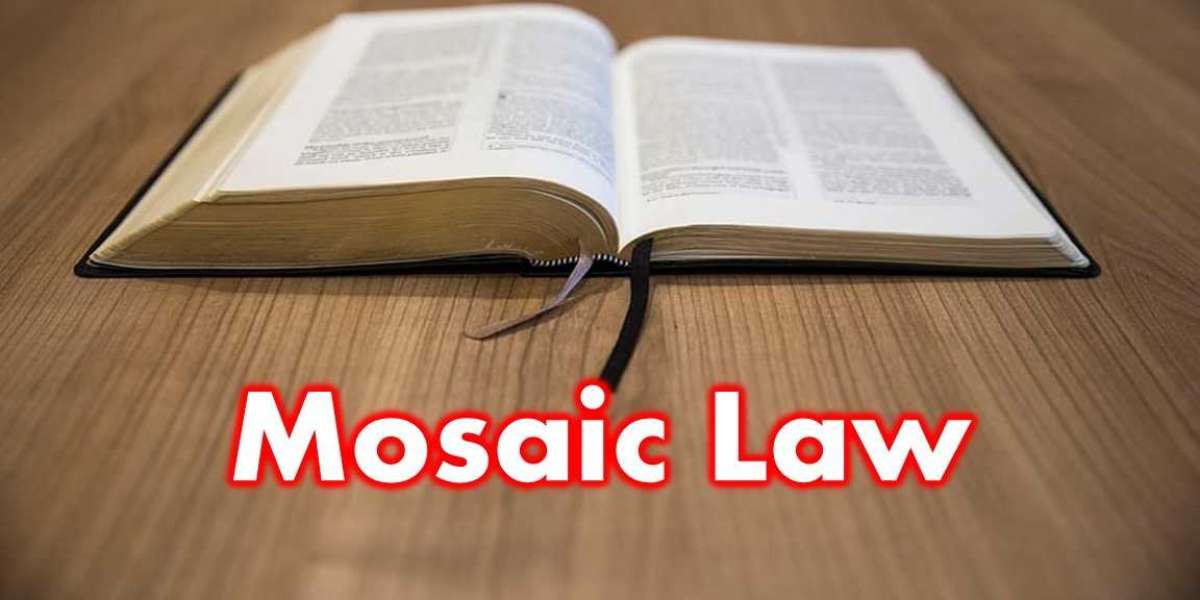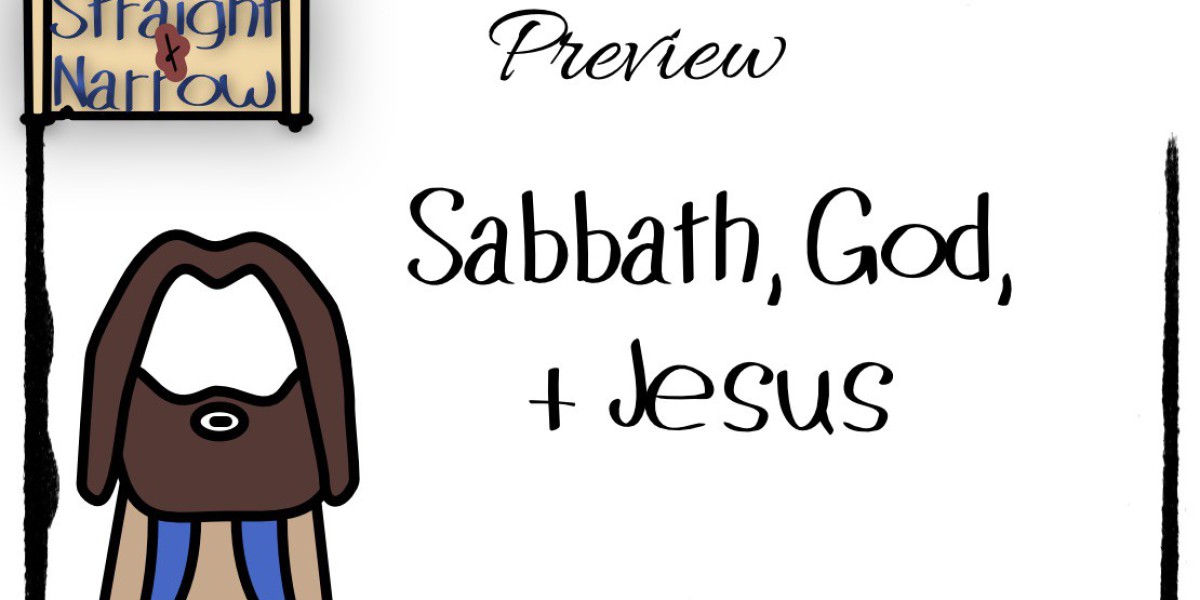John Calvin is without a doubt one of the most influential figures in Christian history and therefore world history. He almost single-handedly shaped the basic structure and dominant doctrines of Protestant theology and still retains a choke-hold on much of the movement. But was he qualified to hold so high a position and be a person of such profound importance?
John Calvin lived from 1509 to 1564 and in that time became a key figure in the Protestant Reformation, with no formal theological degree or training. Calvin was not without any formal education however. He studied at the University of Paris (Collège de Montaigu, starting around 1523), where he was exposed to Renaissance humanism and classical literature. He later pursued law at the University of Orléans and Bourges (1528–1531), earning a licentiate in law, legal training that shaped his systematic thinking and writing style.
Though he had no formal theological education, nevertheless Calvin immersed himself in the study of Scripture anyway aswell as the writings of the early “Church” Fathers such as Augustine, and his own contemporaries, reformers like Martin Luther. His deep knowledge of Greek and Hebrew allowed him to engage directly with biblical manuscripts which was a critical factor in his theological work, and his proficiency in Latin, Greek, and Hebrew, combined with his humanist education enabled him to engage with both secular and religious texts critically, making his theological arguments persuasive and scholarly, aswell as aiding in the production of his own writings.
During his lifetime, John Calvin published several influential books. “Institutes of the Christian Religion” written in 1536, was Calvin's magnum opus. It serves as a comprehensive introduction to Christian theology as a whole and Reformation principles in particular, and it is considered one of the most important works of the Protestant Reformation. “Truth for All Time: A Brief Outline of the Christian Faith” was published in 1537, providing a concise outline of Christian doctrine. In 1540 he published his Commentary on Romans, showcasing his theological insights and biblical analysis. A Treatise on Relics: followed in 1543, providing a critique on the Catholic Church's views of relicolatry (that is the veneration of relics).
The man’s teachings were so influential infact that his “Sermons on Titus” delivered by him during his lifetime in 1555 and published in French in 1561 were republished posthumously in English in 1579. As this work highlighted the necessity of Reforming the Church and Calvin’s thoughts thereon, his work continued to influence many people long after his death.
While John Calvin lacked a formal theological degree, formal qualifications in the 16th century were less standardized than today, and Calvin’s self-directed learning, pastoral leadership, and prolific writings were his primary credentials. His influence as a theologian and reformer rested on his intellectual ability and practical contributions rather than official titles or degrees beyond his legal training.
Calvin wasn’t working in isolation either. He interacted with other reformers like Martin Luther and Huldrych Zwingli, building on and critiquing their ideas. His theology of the Eucharist, for instance, mediated between Lutheran and Zwinglian views, showing he was synthesizing, rather than inventing wholesale.
By all accounts John Calvin was extremely intelligent and highly educated but most of the time the question of whether or not he was qualified to be a world-altering influence on the Christian faith is answered in ouroboran fashion by the fact that he was such a being. He is thought to be qualified to be a biblical interpreter because he interpreted the Bible. He is thought to be a qualified pastor and teacher because he was a pastor and teacher. He is thought to be qualified to be a history-maker, because he made history.
The general views on Calvin’s life seems to be a self-fulfilling prophecy of sorts. He was qualified to do what he did only because he did what he did. But this is a logical fallacy and no real answer at all.
John Calvin’s interpretations like predestination, were speculative and overemphasized certain texts like Romans 8 9. His views were a departure from established church tradition without actually representing a return to biblical tradition. His theology wasn’t conjured from nothingness. No. But it was instead him imposing his own meanings onto Scripture (eisegesis) rather than deriving his ideas from the text itself (exegesis)…reading his own ideas into the biblical text where he was supposed to be letting the letters speak for themselves.
While it is true that a lack of official recognition by established institutions is not absolute proof that a candidate is unqualified, his lack of formal theological training combined with his secular training left room for accusations of overstepping, self-exaltation, and manufacturing fictions. And it always presents a powerful problem when a person in a position of authority is well trained in a different field than the one in which he holds sway over others, especially while being only self-taught in the area in which he exercises great power.
John Calvin was essentially not a sciolist (a superficial scholar) though he was inventing conclusions without basis but with much bias. He was much moreso an ultracrepidarian (one who advises or judges outside their area of expertise). He was a legal scholar and humanist; and through those foreign fields he viewed the Christian faith. On those alien concepts he shaped his doctrines. And those unrelated areas he used to overrun the Reformation.
To say his interpretations were speculative and divisive is putting it lightly. His secular training shaped how he saw the Scriptures and through that structure he shaped his world view aswell as the world he ruled. This background gave him tools to argue systematically and sound sacred while being secular-minded, and his ideas were tested in Geneva’s church and society to diabolical results.
John Calvin’s theological work was shaped from his legal background and humanist training and his implementation of these ideas enslaved many and killed at least one.
They say the measure of a man is what he does when he has power… if that is so then John Calvin was a monster.
Calvin was given a city and governed over it with fear and tyranny, forcing the people to follow his brand of theology or suffer the consequences. Education was high and crime was low…but humanist theology, Calvinist theology was law. And any deviation from his domination was deemed heresy and punished most severely even with death for the “most wicked crime” of unbelief in the trinity.
Secular humanism biased his readings of the Bible toward ultra-rationalism or legalistic frameworks, leading to conclusions such as predestination’s double election that stretched beyond the text and dehumanized millions of people as damn near being devils. Calvin’s methods were exegetical in intent if eisegetical in practice. His commentaries prioritize grammatical-historical analysis, aiming to let the text speak for itself…yet accomplishing only his own speaking for it.
For example, in his Romans commentary, he carefully parses Greek terms like “dikaiosyne” (“righteousness”) to ground his justification-by-faith doctrine, yet with no native Hebraic notion of faith or righteousness, no training in the Torah and a goal of proving his own doctrine, Calvin succeeded only in eisegetical outcomes. He avoided allegorical readings common in medieval theology, aligning with humanist textual rigor, yet avoided equally native Hebraic readings in favor of western legalistic interpretations.
Calvin blended an exegetical intent with eisegetical result - combining the written text with his theological presuppositions purposed on proving himself right. His Reformed lens—emphasizing divine sovereignty—shaped how he read texts, which not only bordered on eisegesis when he prioritized certain passages over others but jumped fully in, and dragging in a great many with him. This is a common critique of systematic theologians, not unique to Calvin, though Calvin is almost wholly to blame.
His influence—shaping Reformed theology, inspiring figures like John Knox, and laying foundations for Presbyterianism—shows he filled a theological desire. His humanist training and legal mindset produced systematic, text-focused arguments, yet bent to fit his baseless opinions. His ideas were debated, adopted, and institutionalized, unlike the work of a charlatan, but just like the unqualified church fathers he so admired and many of his fellow reformers.
Calvin’s strong theological commitments to his own private preconceptions such as divine absolute sovereignty and predestination led him to read Scripture selectively, and to apply it mercilessly. Without formal training or church authority combined with his dedication to his secular humanist training, his self-study not only risked unchecked bias but fed it gluttonously. Equally, his overconfidence in reshaping church doctrine and governance, despite no traditional credentials, was as audacious as it was presumptuous. And as all evidence suggests, Calvin was appointed to power and prominence by the appearance of high quality and confidence, by extreme scholarly rigor and by self discipline in studying the biblical languages.
In other words, he fooled others into thinking (more likely feeling) he was qualified by being qualified in other fields and being self taught in Scripture. His filtering of Scriptural study through his secular humanism was something everyone should have been expecting but seems to have overlooked. And it’s most likely Calvin himself was equally unaware of his own bias and prejudice, deceiving not only others but himself aswell.
In his own lifetime John Calvin was not trained to hold the position he was given, untaught in The Way, and unlearned in the field in which he served and influenced others. He was highly trained in unrelated matters and utilized his training in those separate subjects to form the doctrines he believed, taught, and demanded others adopt also. And when he was placed in a position of power to make his will law, he did so gracelessly and monstrously.
By all reckoning therefore he had no business being taken seriously as a theologian in his day and should not be so regarded in our time.
Question Everything
Get Biblical






